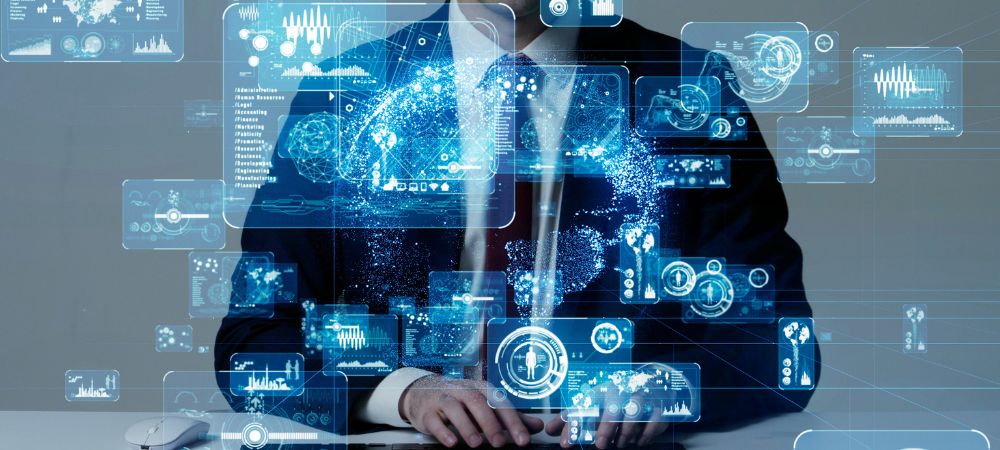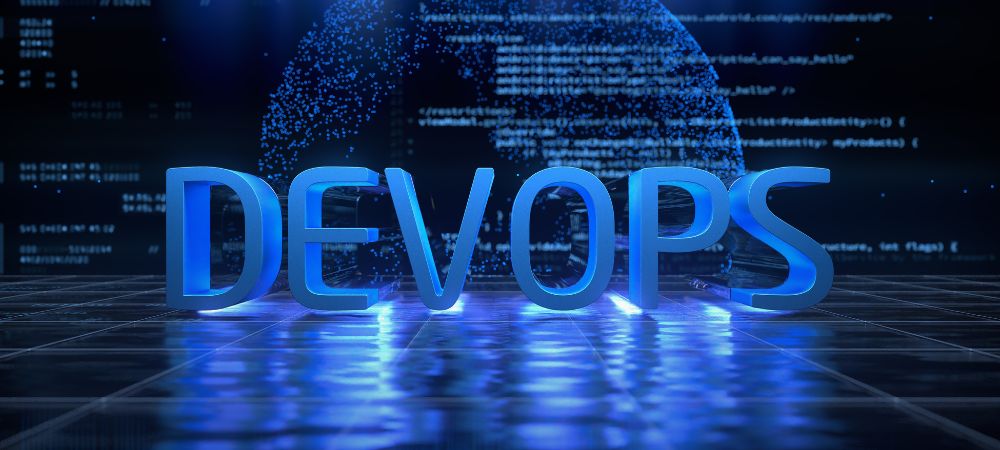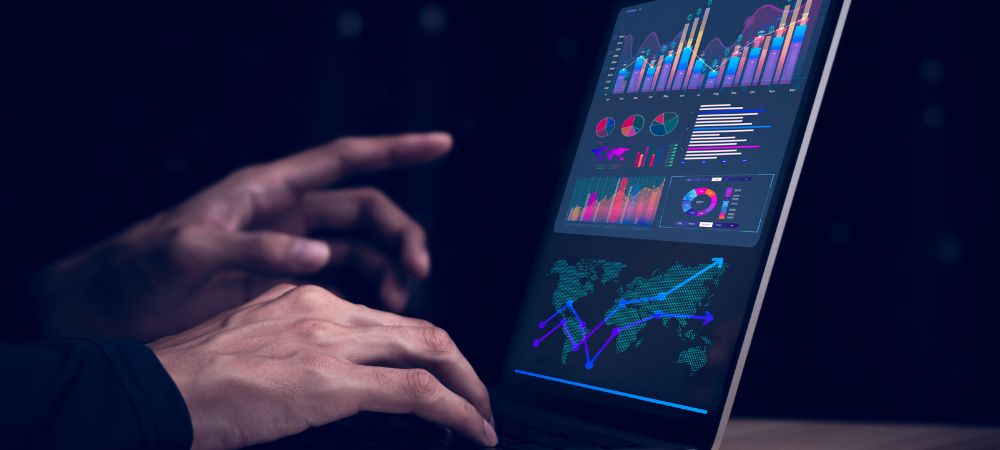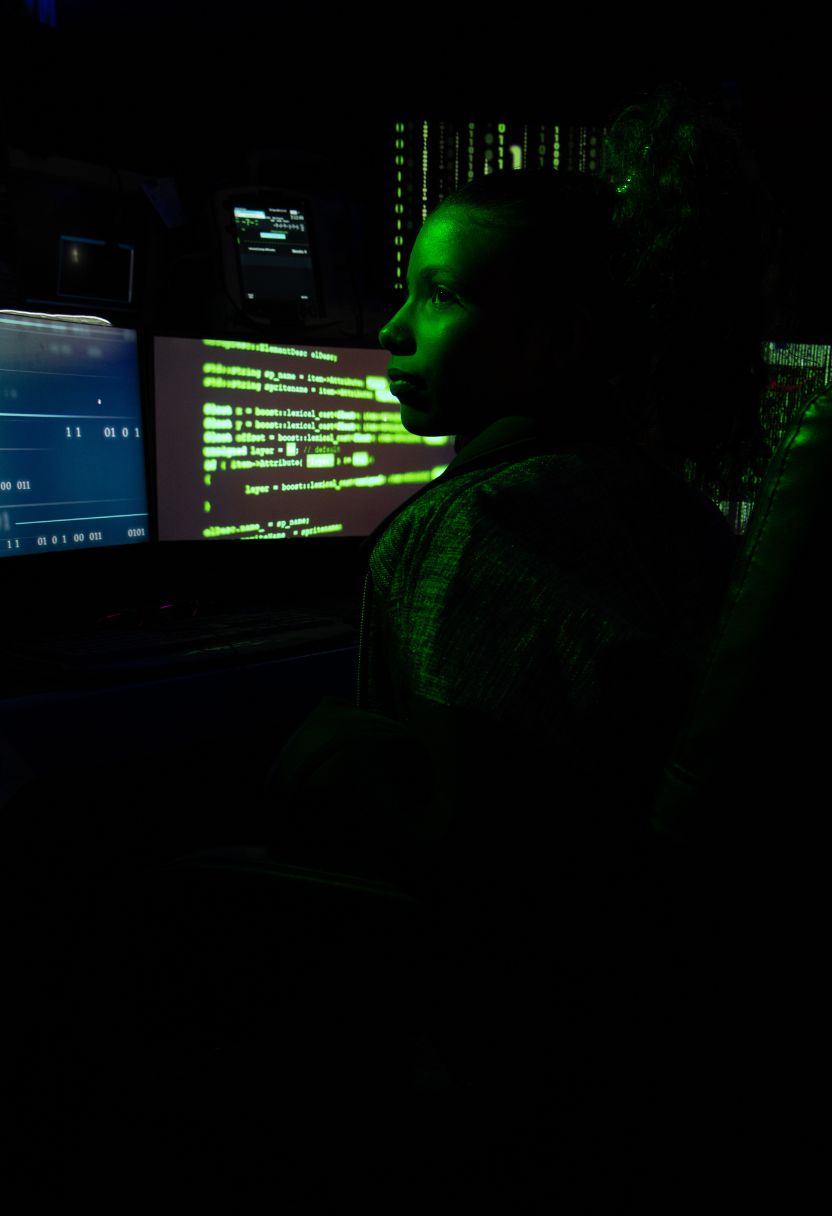

Oh, the key functions of an operating system! additional details readily available see this. It's quite a fascinating topic, really. You see, operating systems (OS) are the unsung heroes of our digital lives. They do so much work behind the scenes that it's almost easy to forget about them-until something goes wrong, of course.
First off, one of the primary roles of an OS is managing hardware and software resources. Think about your computer's CPU, memory, and storage. Without an OS, these components wouldn't be able to communicate with each other effectively. The OS allocates resources like processor time and memory space to various applications running on your device. Imagine trying to do this manually; it'd be chaos!
But wait, there's more! An OS also handles file management. This means creating files and directories for you to store your data in a structured way. It keeps track of where every piece of information is located on your hard drive or SSD so you don't have to remember all that stuff yourself. And when you delete something? The OS makes sure it's properly removed-or at least sent to the recycle bin until you're sure it's not needed anymore.
Now let's talk multitasking. Modern operating systems allow multiple programs to run at once without stepping on each other's toes. This isn't just important; it's crucial for productivity in today's fast-paced world where we often have several applications open simultaneously-from web browsers and word processors to music players and email clients.
Security is another biggie! Operating systems provide a layer of security between your hardware and any malicious software out there lurking on the internet. Features like user authentication (you know those pesky passwords), encryption, and firewall protection are all part of what makes up an OS's security framework.
Then there's user interface – oh boy! A good UI can make or break how people interact with their devices. Whether its through command-lines or graphical interfaces with windows/icons/menus/pointers (WIMP), a well-designed UI ensures users can navigate their tasks efficiently without pulling their hair out.
And let's not forget device drivers – these little pieces of code act as translators between the OS and hardware peripherals like printers or graphics cards ensuring everything works harmoniously together.
In conclusion-oops I mean finally-the key functions of an operating system aren't just limited but expansive covering resource allocation,file management,multitasking,user interface,and security among others.It might seem complex but trust me,it's indispensable.So next time when you boot up remember theres much more going under-the-hood than meets eye!
So yeah,dont take them for granted because without them we'd be stuck in dark ages of computing!
Operating systems (OS) are the lifeblood of our computing devices. They manage hardware, run applications, and provide an interface for us to interact with technology. There're many types of operating systems out there, but some have really stood out over time due to their popularity and usage.
First up is Microsoft's Windows. It's not just popular; it's everywhere! From homes to offices, Windows has become almost synonymous with personal computers. The latest version, Windows 11, brings a sleek design and enhanced features that aim to make it more user-friendly. But let's face it – no one's saying it's perfect. It still has its quirks and bugs that can drive any user nuts sometimes!
Then there's macOS by Apple. Ah, the elegance! Known for its smooth performance and stunning visuals, macOS is favored by creative professionals like graphic designers and video editors. It's tightly integrated with other Apple products, making the ecosystem quite seamless if you're already invested in it. However, don't think it's without flaws – not all software is compatible with macOS which can be a bit limiting for some users.
Linux also deserves a mention here. Unlike Windows or macOS, Linux isn't owned by any one company but is open-source software maintained by a global community of developers. This means you have tons of different distributions (or "distros") like Ubuntu or Fedora to choose from depending on your needs. It's incredibly versatile but can be intimidating for beginners because it often requires more technical know-how.
Speaking of versatility – Android OS shouldn't be left out either! While mostly known as an operating system for smartphones and tablets, Android's flexibility allows it to be used in smart TVs, wearables, and even cars nowadays! Developed by Google based on Linux kernel principles yet tailored specifically for touchscreen devices makes Android super adaptable but also kinda fragmented across different devices.
Finally don't forget about iOS when talking about mobile operating systems - Apple's counterpart to macOS designed exclusively for iPhones & iPads offers unmatched security features along with smooth integration within Apple's ecosystem ensuring continuity across all gadgets which is something most users absolutely love despite being somewhat restrictive compared against competitors like Android when comes down customizing options available
So there you have it – these are just some popular types of operating systems shaping how we use technology today; each having unique strengths while none being entirely free off downsides either reminding us nothing's ever truly perfect after all!
One of the most extensively made use of operating system, Microsoft Windows, was first launched in 1985 and now powers over 75% of desktop computers worldwide.
Adobe Photoshop, a leading graphics modifying software program, was developed in 1987 by Thomas and John Knoll and has actually because come to be identified with picture adjustment.
The first successful software program application, VisiCalc, was a spread sheet program created in 1979, and it became the Apple II's killer application, transforming individual computing.
The notorious Y2K insect was a software program flaw pertaining to the format of schedule information for the year 2000, motivating prevalent concern and, ultimately, couple of actual disruptions.
In today's fast-paced digital world, maximizing both security and speed on your operating system can feel like an uphill battle.. But fear not!

Posted by on 2024-07-07
Virtual memory, a fundamental concept in computer science, plays a pivotal role in how our modern devices operate.. It's not just an abstract idea confined to textbooks; it has real-world applications that affect nearly every task we do on our computers and smartphones.

Posted by on 2024-07-07
Sure, here's an essay on "Emerging Trends and Future Directions in Storage Management" for the topic of File Systems and Storage Management with some grammatical errors, negation, contractions, and interjections:
---
When we talk about file systems and storage management, it's impossible to ignore how rapidly things are changing.. Emerging trends in this field ain't just making our lives easier; they're also paving the way for a future where storage won't be something we even think about.

Posted by on 2024-07-07
Future Trends in Process Scheduling and Multithreading Technologies
Oh boy, the world of process scheduling and multithreading is changing faster than we can blink!. It's not like we're stuck with the same old, boring methods that were used a decade ago.

Posted by on 2024-07-07
Sure thing! Let's dive into the fascinating journey of operating systems, shall we? The historical evolution and milestones in OS development is a tale filled with innovation, challenges, and triumphs. It's not just about lines of code or technical specs; it's about how humans have interacted with machines over decades.
In the beginning, computers were these gigantic beasts that took up entire rooms – can you believe it? The 1940s saw the birth of the first generation of computers, but they didn't have what we'd call an "operating system." Nope, users had to manually switch cables and set dials to run programs. It wasn't efficient at all!
The real game-changer happened in the late 1950s and early 1960s when batch processing came along. Programmers would submit jobs on punch cards, which were processed one after another. This was a huge leap forward because it meant that computers could handle multiple tasks without human intervention every step of the way.
Moving into the 1970s, Unix appeared on the scene – oh boy, what a revolution that was! Developed by AT&T's Bell Labs, Unix introduced concepts like multitasking and multi-user capabilities. It laid down the foundation for many modern operating systems we know today.
Then there's Windows – who hasn't heard of Windows? Microsoft's entry into OS territory in the mid-1980s shook things up quite a bit. Windows brought graphical user interfaces (GUIs) to mainstream users, making computers more accessible to non-tech folks. Remember those days when you'd click around on your screen instead of typing commands? Ah, good times!
Around this time too, Apple wasn't sitting idle either. They launched Macintosh in 1984 with its own GUI-based OS which was quite revolutionary for its time as well! And let's not forget Linux - created by Linus Torvalds in 1991 from scratch no less! An open-source marvel that's still super popular among developers today.
By now you're probably thinking – what's next? Well as technology advanced so did operating systems! We got mobile operating systems like iOS and Android shaping our everyday lives since early 2000's . They've turned phones into mini-computers right in our pockets.
But hey don't think everything has been smooth sailing! There've been plenty bumps along this road too-- remember Vista anyone?! Or how about when Windows ME crashed frequently causing frustration all around?
To sum it up: From room-sized dinosaurs requiring manual input ,to sleek handheld devices running complex software seamlessly–the evolution of os development sure tells an intriguing story doesn't it? And honestly who knows where future innovations will take us next…

Oh boy, when it comes to comparing major operating systems like Windows, macOS, and Linux, things can get a bit tricky. Each of them has its own set of features that make 'em stand out. And if you're thinking there's one that's clearly better than the others, well, you're kinda wrong.
First off, let's talk about **Windows**. It's probably the most familiar to folks since it's been around for ages. One thing's for sure: Windows ain't short on software compatibility. You name it; there's a good chance it'll run on Windows. From games to business applications, it's got you covered. However, it's not all sunshine and rainbows. The system is notorious for being susceptible to viruses and malware. Plus, those constant updates can be a real pain sometimes.
Now onto **macOS**, Apple's pride and joy! If you're in the creative field-think graphic design or video editing-macOS might just be your best friend. Its sleek interface and seamless integration with other Apple products are hard to beat. But hey, it's not perfect either! For starters, Macs are expensive-not everyone can afford one of these pricey machines. Also, don't even think about customizing your hardware; that's just not Apple's style.
Last but certainly not least is **Linux**-the underdog that tech enthusiasts love to root for! Linux is all about flexibility and control; you can tweak almost anything to your heart's content. What's more? It's free! That's right-you don't have to spend a dime on licensing fees or any of that jazz. But beware: it does have a steeper learning curve compared to Windows or macOS, which might scare off some users who aren't as tech-savvy.
When it boils down to featured aspects like security and customization, Linux usually gets top marks due its open-source nature-it's less prone to attacks because people keep improving it all the time! Windows tries hard too with its regular security patches but still falls behind sometimes cuz so many people use it making it an attractive target for attackers.
In terms of user-friendly interfaces? Well, macOS takes the cake here with its intuitive design that's easy on the eyes-but don't think Windows isn't close behind with their continuously evolving UI aimed at providing simplicity mixed with functionality.
So yeah... there isn't really a "best" operating system out there; each has pros n' cons depending on what you need from your computer setup!
In conclusion (if we must), picking between these heavyweights depends largely on what kind o' work you're doing-and maybe how deep your pockets go too! Ain't no one-size-fits-all solution here folks; you'll just gotta weigh those options carefully before taking the plunge into whichever OS world suits ya best!
Security Features in Modern Operating Systems
In today's digital age, security features in modern operating systems are more crucial than ever. They're designed to protect user data, maintain system integrity, and thwart malicious activities. But hey, they ain't perfect and sometimes can be a bit of a headache.
One key feature is encryption. Encryption scrambles data so that only authorized users can read it. Think about it like this: even if someone gets their hands on your files, they can't make sense of 'em without the right key. It's like having a secret code that keeps prying eyes away from your private stuff.
Then there's User Account Control (UAC). This nifty feature prompts you whenever changes are made to your system settings or software installations occur. It's not just there to annoy you; it's actually helping prevent unauthorized alterations that could harm your computer. And let's face it – we've all clicked "Yes" without reading those warnings! Well, maybe not always advisable, but UAC's there to save us from our own mistakes too.
Firewalls are another essential component. They act as barriers between trusted internal networks and untrusted external ones (like the internet). Firewalls filter incoming and outgoing traffic based on predetermined security rules. While they're not invincible - nothing is - they do offer significant protection against many types of cyber attacks.
Antivirus programs also play a huge role in OS security. These programs scan for, detect, and remove malicious software or malware. Regular updates ensure they stay effective against new threats emerging every day. Sure, antivirus might slow down your system occasionally, but isn't it better than dealing with a full-blown virus attack?
Modern operating systems also have secure boot mechanisms which verify the integrity of the OS during startup process. It ensures that only verified software can run when the system boots up – keeping rootkits and low-level malware at bay.
And let's not forget regular updates! Operating systems frequently release patches to fix vulnerabilities as soon as they're discovered. So yeah, those pesky update notifications popping up now and then? They're actually quite important for staying protected!
However comprehensive these features may seem though, no single solution offers complete protection by itself – it's about layers of defense working together harmoniously! Not everything will stop every threat; after all hackers are always inventing new ways around existing defenses – oh joy!
So next time you're prompted with an update or asked for permission through UAC or feel annoyed by antivirus scans slowing things down remember: these security features exist because without them our devices wouldn't stand much chance against today's sophisticated cyber threats

Operating systems have come a long way since the early days of computing, and it's fascinating to think about what future holds for them. Future trends and innovations in operating systems are bound to reshape how we interact with technology. In this essay, I'll dive into some key areas where I believe significant changes will occur.
Firstly, let's talk about artificial intelligence (AI). AI isn't just a buzzword anymore; it's becoming an integral part of our daily lives. Operating systems are likely to leverage AI more intensively in the coming years. Imagine an OS that can predict your needs before you even know them yourself! But hey, it's not all roses-there's also concerns about privacy and data security that shouldn't be ignored.
Then there's the matter of cloud integration. We're already seeing a shift towards cloud-based solutions, but future operating systems might take it up a notch. You won't need massive storage on your devices because everything will be accessible from the cloud instantly. This sounds great until you realize it makes us more dependent on internet connectivity. What if you're offline? It's gonna be tricky.
Another interesting trend is modularity in operating systems. Instead of one monolithic chunk of code, future OSs may become highly modular. This means components can be easily swapped out or updated without affecting the entire system. While this seems efficient, it's not like there won't be challenges with compatibility and stability.
Security is another area that's evolving rapidly. With cyber threats becoming ever more sophisticated, operating systems have no choice but to get smarter too. Future OSs could feature built-in defenses that adapt in real-time to new threats-a sort of "immune system" for computers if you will-but we can't assume they'll catch everything.
User interfaces are also set for some exciting changes! Voice commands, gestures, even brain-machine interfaces could become mainstream sooner than later. These advancements promise more intuitive interactions but let's face it: they'll require users to adapt as well.
Lastly, sustainability is gaining attention in tech circles nowadays-rightfully so! Future OSs might focus on optimizing energy consumption and extending device lifespan which would benefit both users and environment alike.
In conclusion... while predicting exact details is almost impossible, one thing's clear: we're heading into an era where operating systems will be smarter, more integrated with the cloud ,and possibly even greener! Yet each innovation brings its own set of challenges that'll need addressing along way . We should embrace these changes cautiously ,acknowledging both their potential benefits n' pitfalls . Oh boy ,what a ride it's going to be !